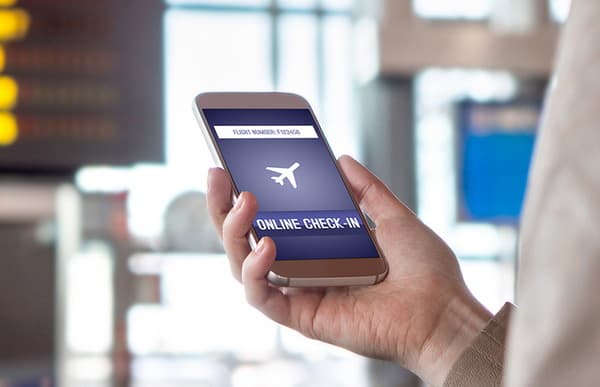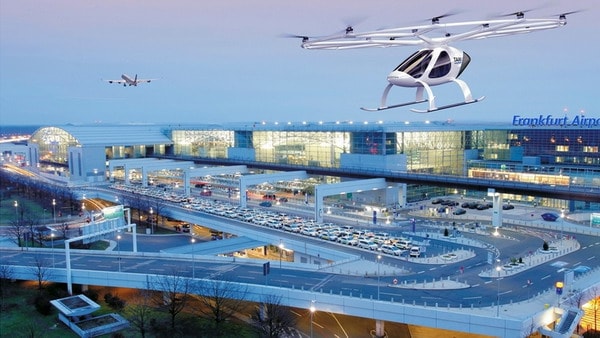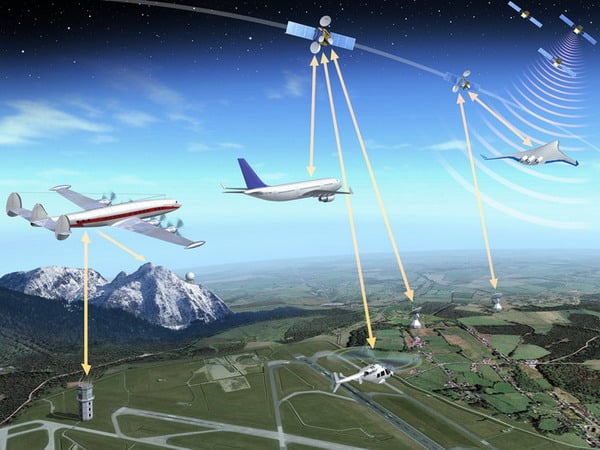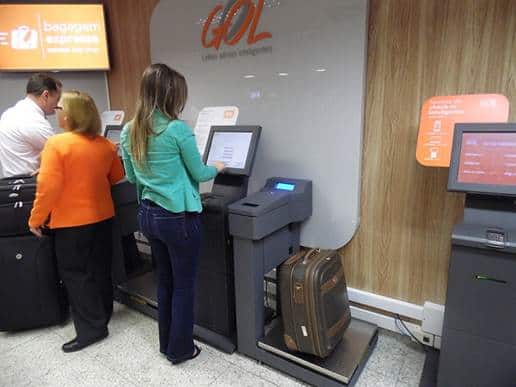In a competitive environment, airlines and airports must identify new emerging technologies that help them improve business efficiency, cost reduction, increased revenue and customer experience.
The latest survey by the SITA company on information technology trends for passengers, indicates that the satisfaction of users of new technologies is slightly higher than those who opted for personalized procedures.
This information is indicative if we take into account that more and more airports are installing technological systems that aim to facilitate mandatory processes during boarding, check-in, etc. Apparently, this trend is being well received and therefore, the number of advances that begin to be visible worldwide is growing. These are some of the applications that we can already observe:
Robotics
With the rise of Artificial Intelligence, robotics has been the next step by which they have opted for different airlines and airports, as is the case of Japan Airlines, Glasgow Airport and EVA Air, since they have introduced their own robotic agents for customer service.
In addition, Haneda Airport in Tokyo has announced the launch of its Robot Experiment Project, which will allow different companies to test with 17 robots in the areas of cleaning, transport and customer service.
Biometrics
We have to move until 2015 to talk about the first biometric test at airports, it was thanks to the “Happy Flow” project led by KLM at the Aruba airport. Since that time, facial recognition technology is proving very useful in reducing the waiting time to board and have greater control of passengers to avoid terrorist entry, among other benefits.
Without going any further, Australia has recently become the first country to replace the passport with biometric controls. Iris, fingerprint and face recognition is the new security procedure to enter the country. They expect that by 2020 no human intervention will be required for 90% of income.
Blockchain
Despite its relationship with the Bitcoin currency, the blockchain is a digital book whose data is unusable for any other purpose conceived. In the case of airports, their use can provide the storage of digital passports and complement the identification processes. However, progress has not yet been made in the investigation of all its application possibilities.
Internet of things
Basically, the current challenge is to go one step further in the application of the Internet of Things (IoT) at airports in order to create an ecosystem connecting land and flight to better manage resources and provide passengers with specific messages from destination.
Once inside the plane, a study carried out by FTE indicates that from the performance of the engine and the IFE system, even the sensors in aircraft seats can be monitored in real time over the next decade.
Wearable technology
The most significant advances in this field are those carried out by Japan Airlines, since it is a complementary training using HoloLens. With these Microsoft glasses simulate real aircraft engines so that mechanics can train in solving incidents.
Virtual and augmented reality
Increasingly, airlines use virtual reality systems to proceed with the different training that employees need to keep up. As an outstanding example, those intended to perform flight simulations are common. Other utilities that can be granted to virtual reality are those applied by the San Jose International Airport in California. Thanks to their association with Google Tango, they set up a system to guide passengers through airport facilities.
Towards self-service
The involvement of the passenger in the mandatory control processes that occur at airports has been increasing with the arrival of technology. From checking in a few days before the flight, to storing the ticket on the mobile, they are examples that show that the trend is to move towards self-service and automation.
In some cases, passengers themselves can now ship their own bags thanks to the installation of machines that explain how to proceed by giving step-by-step instructions.
In conclusion, the technology has meant a revolution for the airport sector that will speed up passenger processes while they wait to start their journey.




